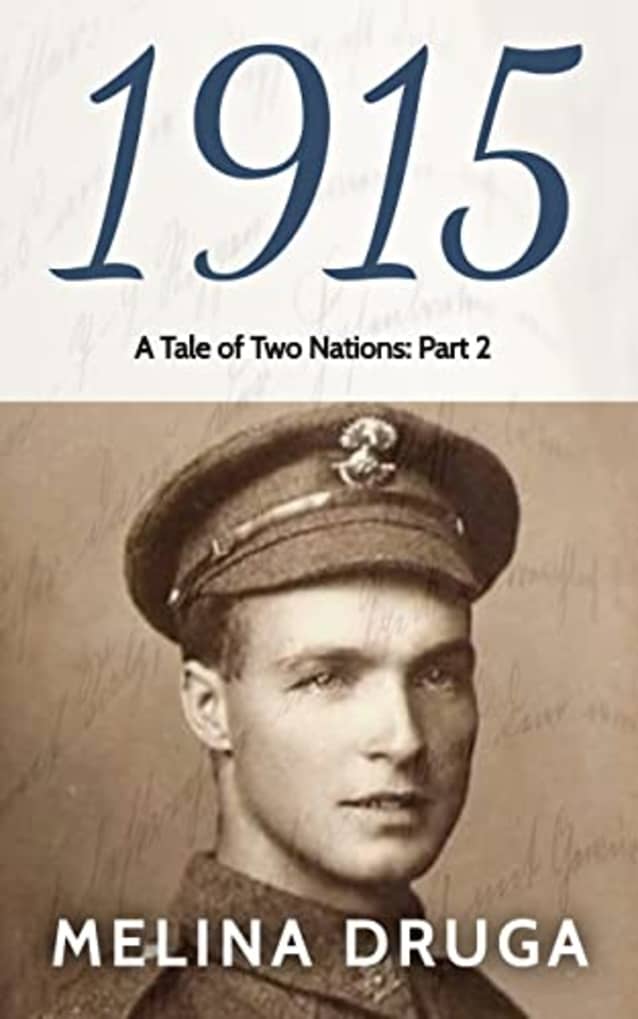1915
About
In the harrowing summer of 1915, valor and horror dance a deadly ballet.
Canadian troops, most unaccustomed the horrors of war, endure trial by fire at the Second Battle of Ypres, confronted with a terrifying new weapon. The yellow-green fog of chlorine gas drifts across the battlefield, its insidious tendrils reaching into trenches, choking and blinding unsuspecting soldiers. Despite heavy casualties, they hold their ground, earning the respect of allies and igniting newfound Canadian nationalism.
Across the Atlantic, the tranquil lives of Americans are shattered as the Lusitania, renowned for its speed and luxury and considered unsinkable, is torpedoed, sinking beneath the waves and taking nearly 1,200 souls — many American citizens — into the depths of the ocean. The tragedy sends shockwaves across the United States, fiercely splitting the nation into camps of passionate war hawks and staunch doves and intensifying pressure on President Woodrow Wilson to abandon his policy of neutrality.
In this riveting continuation of the A Tale of Two Nations: Canada, U.S. and WW1 series, the struggles of ordinary people merge with the tumultuous tides of history. Drawing upon newspaper articles, 1915 offers a fresh perspective on a pivotal year in world history. It brings to life the experiences of ordinary people caught up in extraordinary circumstances, revealing the human cost of war and the enduring power of the human spirit.
Praise for this book
Melina Druga delivers 1915, the second installment of A Tale of Two Nations: Canada, U.S., and WWI, offering a gripping historical narrative that reflects the tumultuous realities of the First World War. Drawing from contemporary newspaper accounts, Druga explores the significant events of 1915, particularly through the lenses of Canada and the United States. The book homes in on two pivotal moments: the Canadian Expeditionary Force's first encounter with combat at the Second Battle of Ypres and the heartbreaking sinking of the Lusitania. These moments serve as key touchpoints for a deeper exploration of the war's impact, the shifting tides of public sentiment, and the moral quandaries faced by nations. By weaving together raw primary sources with insightful commentary, Druga paints a vivid picture of a world in chaos, offering readers a glimpse into its historical and emotional landscapes.
History enthusiasts will find 1915 a fascinating exploration of wartime resilience and evolving national identities. The careful incorporation of contemporary reports offers a sense of immediacy that truly brings history alive. The pacing mirrors the weight of the events, allowing readers to fully grasp the gravity of the stories. I was particularly moved by the striking depiction of the gas attack at Ypres; it's haunting yet shows the incredible resilience of the Canadian soldiers. I could almost hear the tension in the headlines and feel the weight of anticipation as families awaited news from the frontline. The descriptions of the battles and their aftermath were powerful, highlighting both the bravery of the soldiers and the emotional toll of their experiences. Themes of propaganda, political strife, and human sacrifice are explored with depth and sensitivity, making the book both thought-provoking and emotionally powerful. Melina Druga strikes a balance between historical detail and the overarching narrative, crafting a story that is as educational as it is engaging. My interest in this series was sparked in the first installment, where I felt its educational impact quite strongly.
